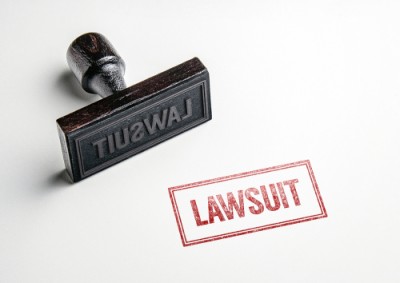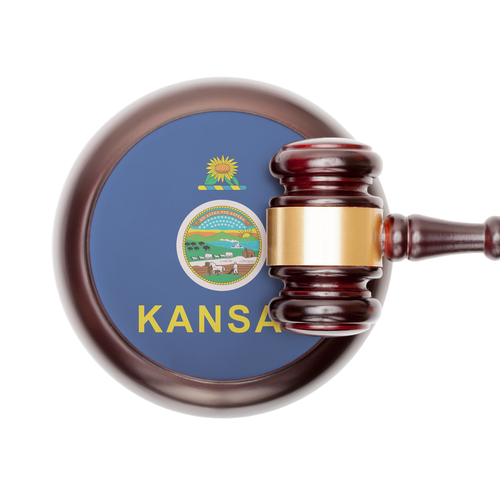Trump and allies drop 4 Georgia election lawsuits; state officials deny settlement claim

Image from Shutterstock.com.
President Donald Trump, his campaign and its allies have dropped four lawsuits challenging Georgia election results.
But the dismissal is not without controversy, report Law.com, Law360 and Georgia Public Broadcasting.
A notice filed in federal court by lawyer Kurt Hilbert said dismissal was sought because of a settlement—a claim denied by the state.
Hilbert made the claim after Georgia’s special assistant attorney general for the cases, Chris Anulewicz of Balch & Bingham, said he could share election information sought by Trump’s lawyers if they dropped the suit, according to Law.com.
Hilbert told Anulewicz that the settlement proposal was accepted and filed notice of dismissal.
But there was no settlement, according to a response to the dismissal notice filed by Anulewicz and Georgia Attorney General Christopher Carr. The response said the plaintiff’s counsel had inquired about a settlement numerous times, but the inquiries were “repeatedly rebuffed” on the grounds that the litigation efforts were frivolous, and the certified election results were valid.
The response also criticized Hilbert for participating in a Jan. 2 phone call in which Trump asked Georgia’s secretary of state to “find” the votes needed for a win in Georgia. Secretary of State Brad Raffensperger is a defendant in the litigation, the response said, and ethics rules required notification of his litigation counsel.
Hilbert told Law.com that the settlement denial by Georgia constitutes “seller’s remorse” after settlement acceptance.
He also said he was asked to join the phone call after being informed that Raffensperger was represented by counsel. The lawyer with Raffensperger was Ryan Germany, a general counsel for the secretary of state’s office.
“If Mr. Germany had an objection or needed other counsel present it was up to him to raise the issue,” Hilbert told Law.com. “The applicable bar rule does not specify type of counsel, it simply requires counsel to be present.”



